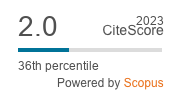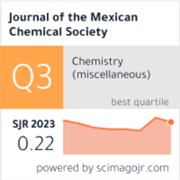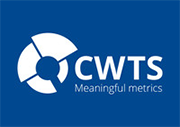Application of Programmed Temperature Vaporization Large Volume Injection Gas Chromatography (PTV-LVI-GC) to the Analysis of Polycyclic Aromatic Hydrocarbons (PAHs) in Soils
DOI:
https://doi.org/10.29356/jmcs.v57i2.217Keywords:
polycyclic aromatic hydrocarbons, PAH, large volume injection, programmed temperature vaporization, solvent vent, soil analysisAbstract
A sensitive, selective and robust method was developed to quantify low levels of polycyclic aromatic hydrocarbons (PAHs) in soils by means of Programmed Temperature Vaporization - Large Volume Injection (PTV-LVI) coupled to gas chromatography with flame ionization detection. Optimal vent pressure and flux at the PTV inlet of the GC system were determined by comparison of peak areas obtained from injection of a standard PAHs mixture at different conditions. Assessment of method performance was carried out with home-made standards prepared by spiking three non-PAH contaminated soils that contained 1.8%, 4.6% and 25% natural organic matter (NOM), with mixtures of six different PAHs at low concentration levels. Detection limits between 9 and 12 ng g-1 and variation coefficients below 11% were determined from analysis of spiked samples of the soil with lowest NOM content. PAHs recoveries typically ranged from 61% to 96% for the three studied soils.Downloads
Download data is not yet available.
Downloads
Published
2017-10-12
Issue
Section
Regular Articles
License
Authors who publish with this journal agree to the following terms:
- Authors retain copyright and grant the journal right of first publication with the work simultaneously licensed under a Creative Commons Attribution License that allows others to share the work with an acknowledgement of the work's authorship and initial publication in this journal.
- Authors are able to enter into separate, additional contractual arrangements for the non-exclusive distribution of the journal's published version of the work (e.g., post it to an institutional repository or publish it in a book), with an acknowledgement of its initial publication in this journal.









